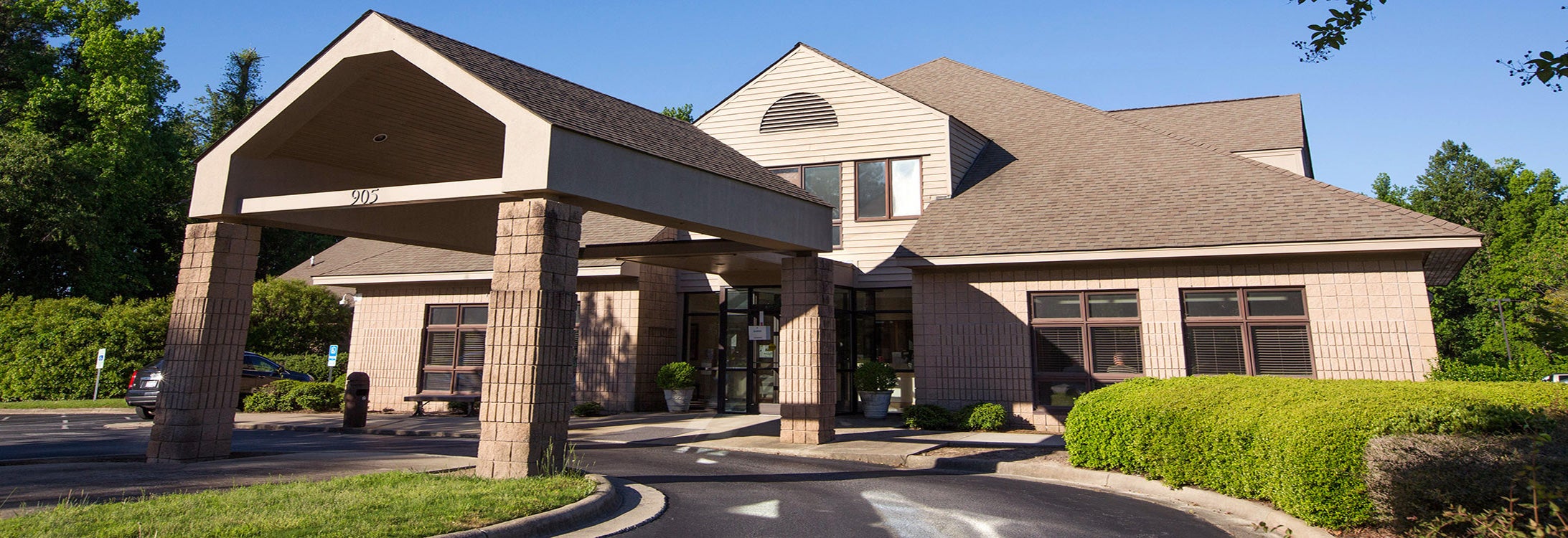Residency Curriculum
Teaching in the Department of Psychiatry and Behavioral Medicine occurs at the bedside, in the conference room and in the lecture hall. All residents attend Grand Rounds bi-monthly, Journal Club monthly and service specific seminars as scheduled.
One afternoon a week is dedicated to the core didactic curriculum and is taught by a variety of faculty members. Each PGY level meets separately and has at least 3 classes.
Residents are released from clinical duties during formal didactic times and residents who are off service are also expected to attend. Seminars provide continuity across the entire educational experience and integrate learning about biological, dynamic and behavioral principles. Teaching is active and integral to each year of the residency program. Year specific curriculum can be reviewed at the PGY links in the menu on the right.
Didactics during the months of June, July and August are dedicated to PRITE and ABPN (board) review, research basics, and quality improvement overview and are attended by all residents together.
Clinical Skills Examinations or Verifications
CSVs are completed on a bi-annual basis during all four years of the curriculum, allowing residents to receive feedback in areas of interviewing skills, establishing rapport with patients, diagnostic assessment, formulation and treatment planning. The program insures that all residents have completed the American Board of Psychiatry requirements for CSVs by the PGY-3 year.
Clinical Sites
While the majority of the residents’ educational experiences occur at ECU Health Medical Center and the Brody School of Medicine, they are afforded opportunities to work in several other interesting clinical sites. Addiction psychiatry is taught at a community outpatient substance abuse center called PORT Human Services in Greenville, NC. Residents are exposed to suboxone clinics and an Intensive Outpatient Program (SAIOP) there. The Department provides consultation in the ECU Student Health Center and residents can expect to spend time in that clinic in their third year. Residents are also expected to work in the community psychiatry system in Washington, NC. Residents are exposed to outpatient VA clinics in Greenville, NC and are required to spend a few months at the inpatient VA center in Fayetteville, NC. In addition, residents work at a state psychiatric facility, Cherry Hospital, in Goldsboro, NC and are exposed to geriatric psychiatry at a residential center in Wilson, NC called Longleaf Medical Center.
The Brody School of Medicine has a premier telemedicine program with connectivity across the eastern half of the state. Residents have opportunities to be involved in conferences, supervision and patient care via our telemedicine links.
